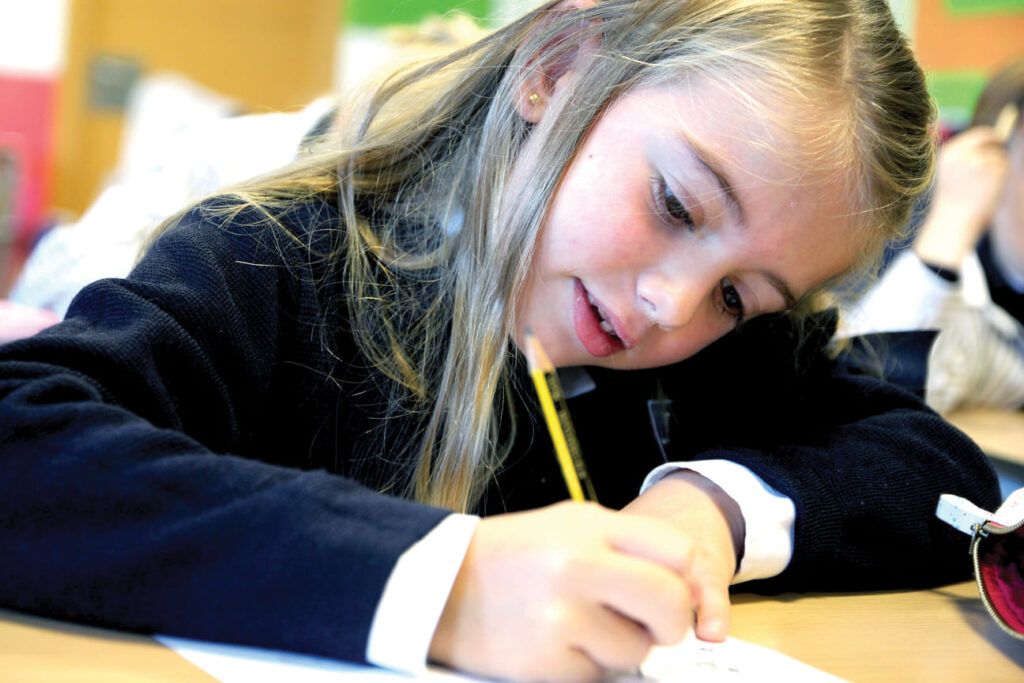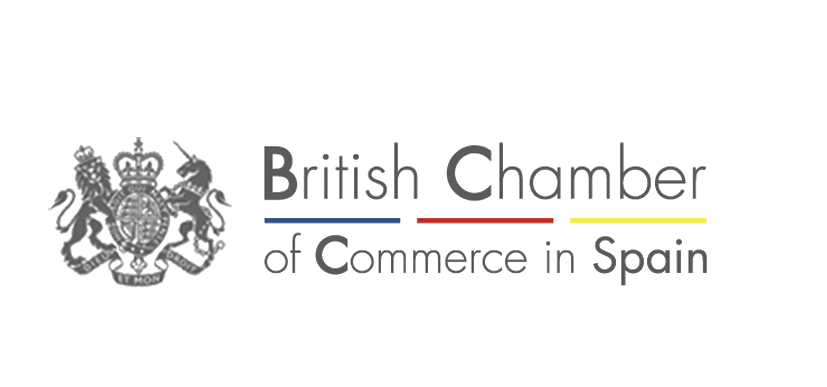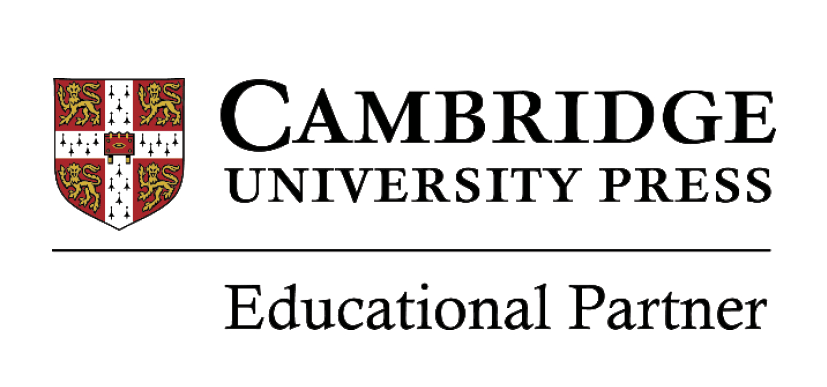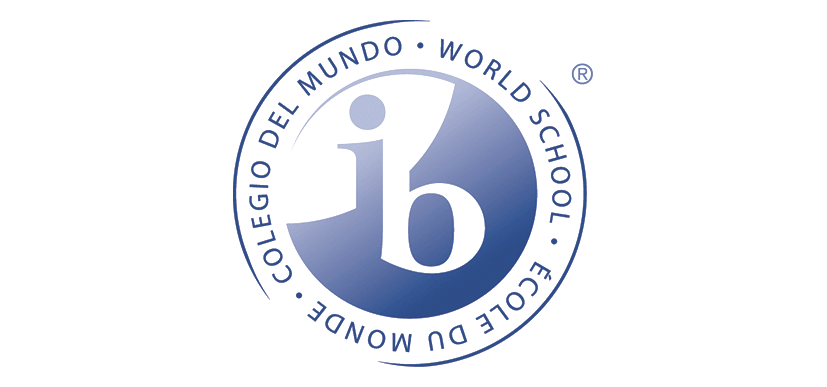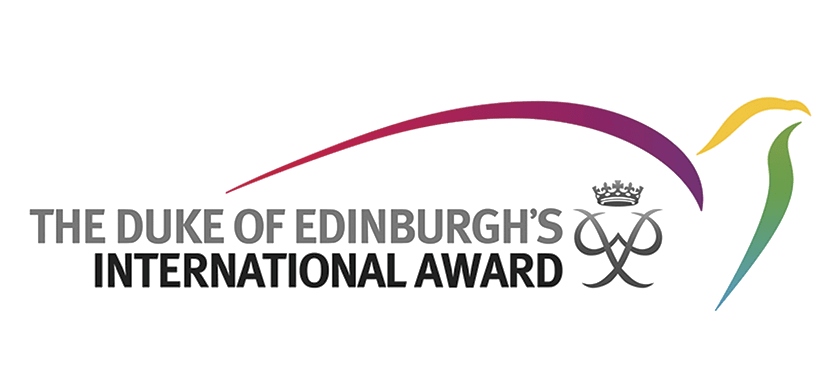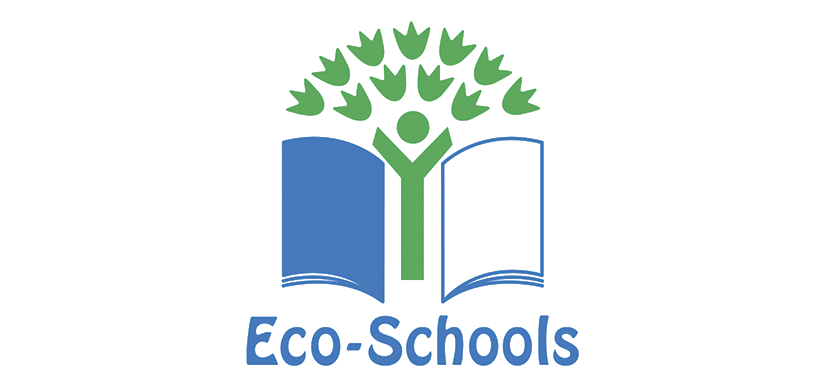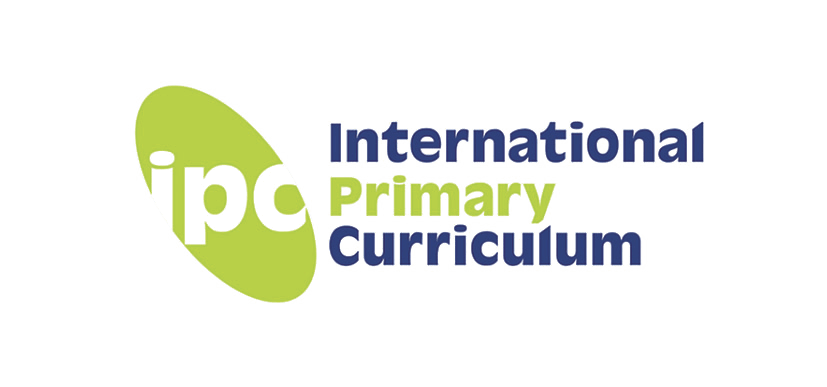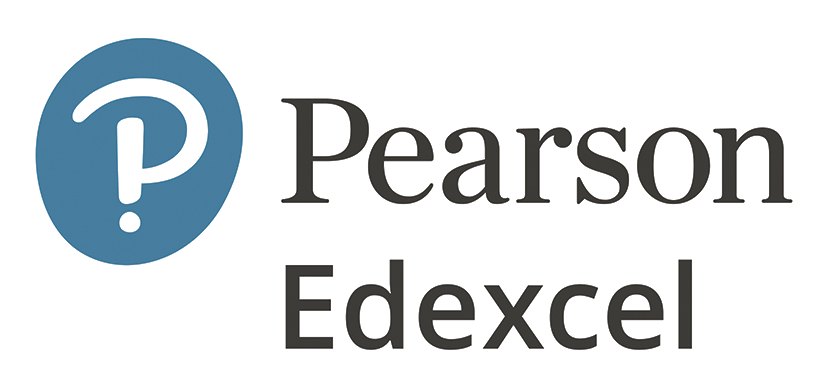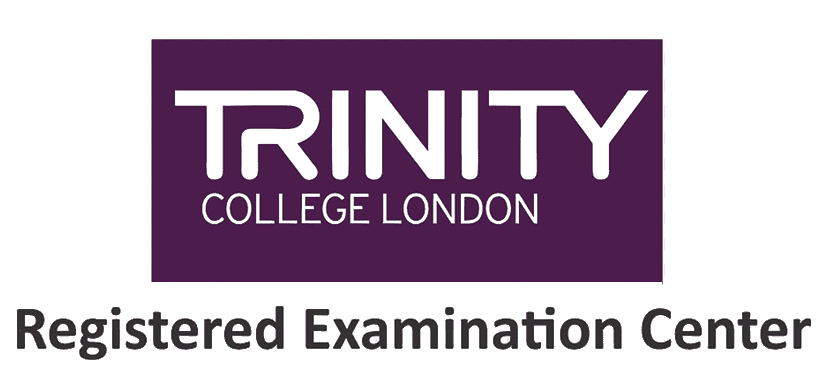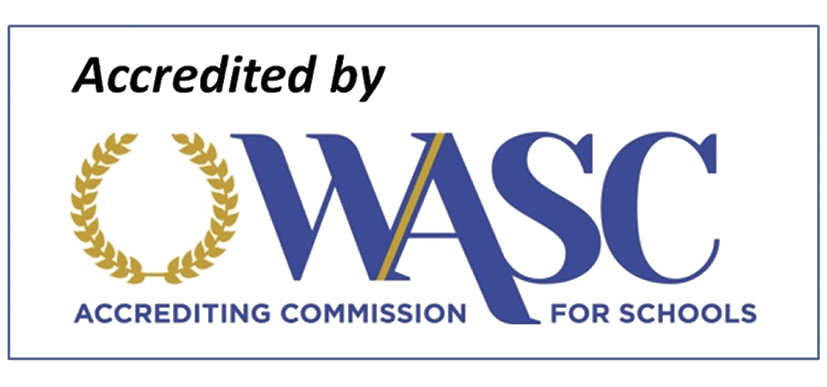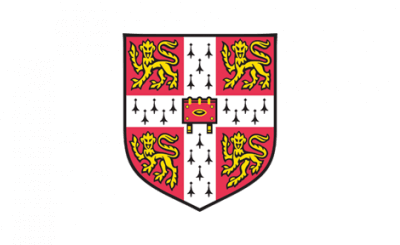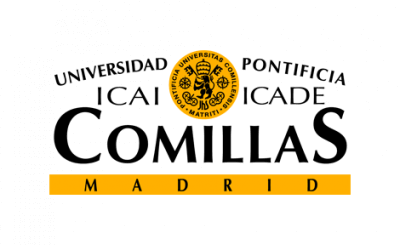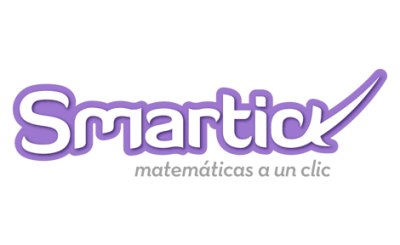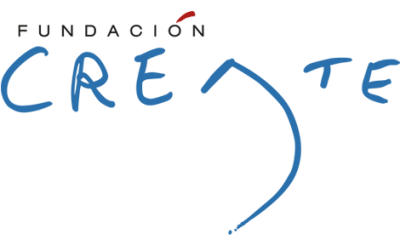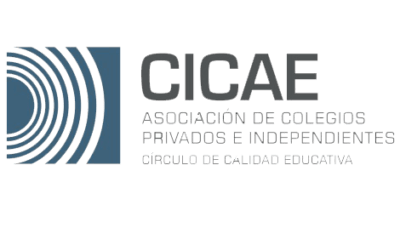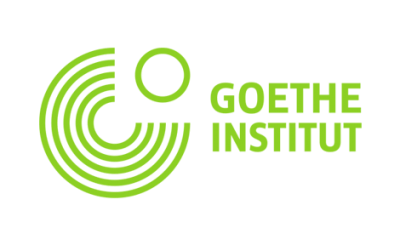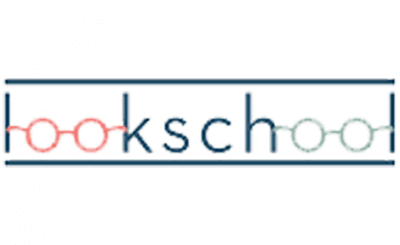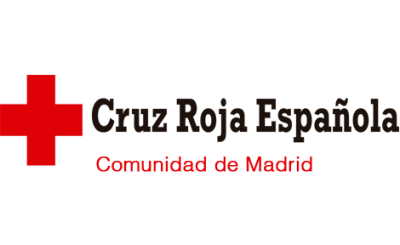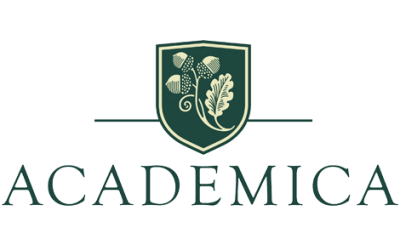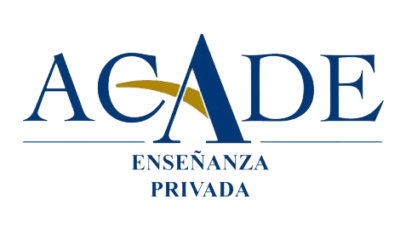The importance of developing an educational programme based on integral education
The concept of integral education has established itself as an educational method that brings in knowledge from different fields. The aim is for the student to acquire all kinds of skills, which go beyond traditional, technical, and rote learning.
At ISP Schools we base our educational programmes on holistic education processes, starting with the teaching of languages. Below, we analyse the advantages of this method of learning and its implementation.
What is integrated education?
Integral education is an educational process that incorporates all types of knowledge, based on the needs and abilities of each student. As we will see below, integral education, also called holistic education, includes intellectual, emotional, physical, and social skills.
Through methodologies based on dialogue, active participation, the discovery of one’s own abilities, and decision-making, we ensure that students acquire skills that go beyond the typical educational syllabus.
The theory of multiple intelligences and its application in the educational environment
The theoretical basis of integral education is Howard Gardner’s theory of multiple intelligences. This American psychologist and teacher identifies in principle 8 intelligences that the educational system should encourage during the school period. In addition to academic intelligence, we have identified 8 other fundamental abilities:
- Visual spatial intelligence
- Naturalistic intelligence
- Logical-mathematical intelligence
- Linguistic intelligence
- Musical intelligence
- Kinesthetic-bodily intelligence
- Intrapersonal intelligence
- Interpersonal intelligence
These eight skills require different learning. It is important for school pupils to acquire these skills, which will be essential for their future.
Language as part of integral education
One of the multiple intelligences identified by Gardner is linguistic. Language is a basic knowledge that we develop during our early years. During this period, our capacities are more receptive to language learning, which is why it is advisable to learn several languages during the first years of school.
At ISP Schools we base our educational programmes on the teaching of languages. Our educational programme includes classes in several languages, meaning that our students learn to communicate fluently in not just Spanish and English, but others as well.
The main demonstration of the effectiveness of this educational process is the results obtained: our pupils learn to communicate in several languages with the same fluency as they do in their native language, because we take advantage of the intellectual predisposition of our infant and primary school pupils.
Involvement of the whole educational community
One of the basic functions of educational centres is to propose a programme that is adapted to each educational stage and that also integrates all types of knowledge and abilities. In order to develop the potential of each pupil, it is important that the whole educational community is involved.
In this sense, the participation of families is also important. Parental figures and others close to the student should not only support traditional learning, but also become invloved in their emotional, kinaesthetic, interpersonal, and intrapersonal development. Most of the above skills are acquired through practice, and the involvement of families is key in this process.
The results of implementing holistic education
The implementation of holistic education has a number of positive consequences for the pupil, including the following:
- It encourages the maturity and personal responsibility of the pupil.
- It encourages planning and personal confidence in tackling any kind of task.
- It also teaches creativity and the ability to come up with unconventional solutions.
- It develops skills that have to do with our relationship with others.
- It enhances reflection and analytical skills in general.
- It improves oral and written skills in several languages.
- In general, it makes pupils aware of the interconnection between different knowledge from a very early age.
In fact, the implications of integrated education for pupils’ development are innumerable. In addition to theoretical learning, which is essential during these formative years, there are other skills which will be essential for them to be able to face their own future with confidence and with the knowledge and attitudes they need.
Integral education at ISP Schools
At ISP Schools we incorporate comprehensive education programmes at all stages of education. From early school years to pre-university years, all our students learn in a multidisciplinary environment, where they can develop all kinds of skills. Starting with language learning, we foster all the skills they will need for their future.
If you are looking for the best school for your children, at ISP we offer you the best educational environment. From a holistic point of view, we develop comprehensive educational plans that allow us to identify the strengths of each of our students, offering them a personalised education that incorporates all kinds of skills.

